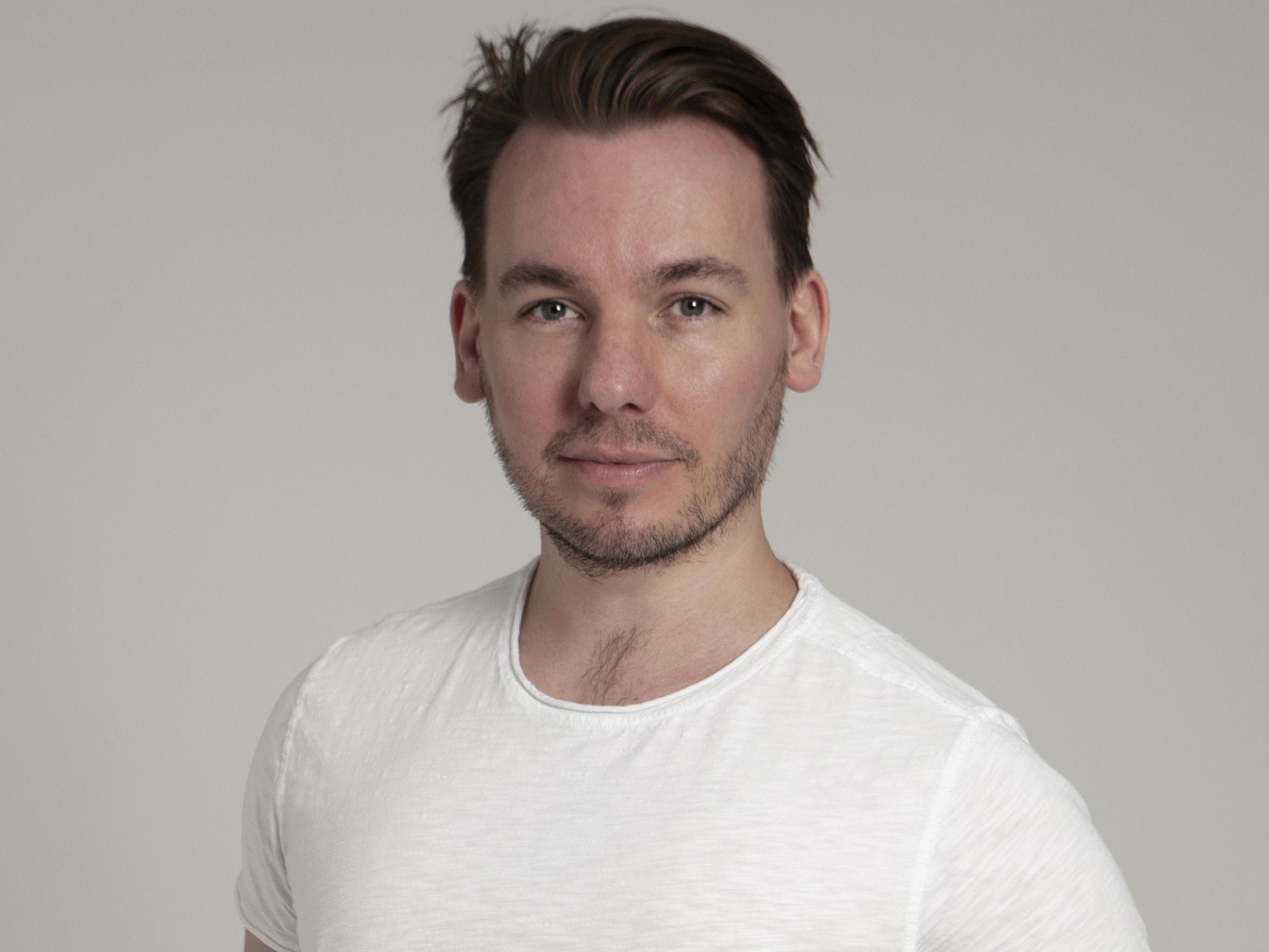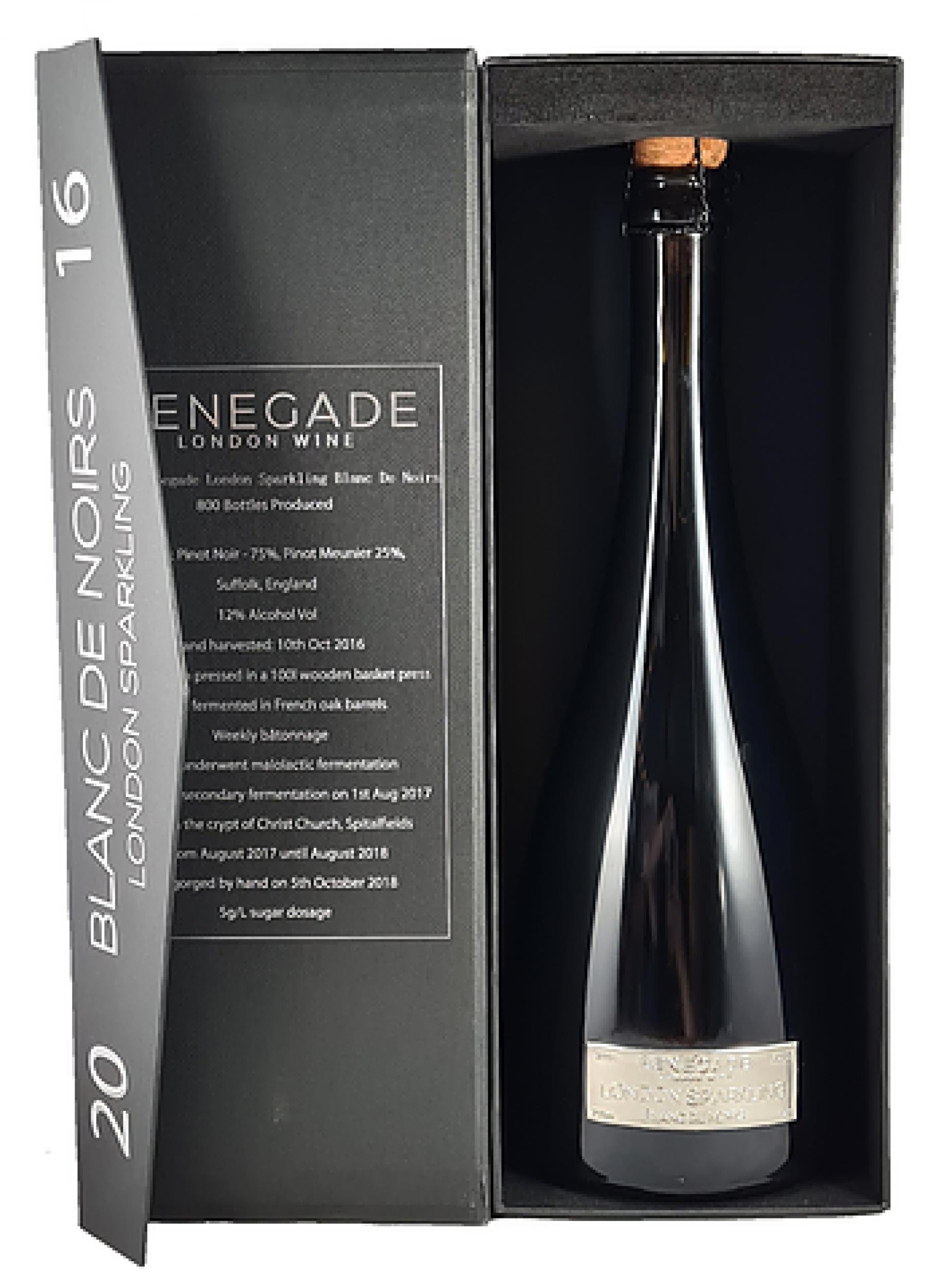How Winebuyers is connecting makers with their market
When Ben Revell went to an auction he ended up thousands of pounds lighter, but with a few bottles of fine wine. After selling them on for a profit, he realised there was no online market for winemakers to meet buyers, and so Winebuyers was created, writes Andy Martin


It started at an auction. One of those auctions where you scratch your nose and suddenly find you’ve bought something rather expensive. Which is more or less what happened to Ben Revell in the summer of 2013.
He wasn’t at the auction to buy wine, for one thing. He was actually there to buy diamonds. But he didn’t get the diamonds and when a case of 1959 Château Margaux came up for bidding, he idly stuck a hand up. He walked out of the auction room in Cambridge several thousand pounds lighter but with a dozen bottles of wine to console him. A week later he sold it for double what he had paid. And the seed for Winebuyers was solidly planted and would soon bear fruit.
Revell started out as a musician and began a music degree at Royal Holloway College in London, with a notion of writing music for film, then switched to psychology and economics. “Wine wasn’t on the syllabus,” he says. When I speak to him he is wandering about Soho Square, temporarily homeless – not, I hasten to add, with a bottle of wine in hand, but only because there has been a flood at a neighbouring apartment and the plumbers are in and making a racket.
After graduation he built up a company (in conjunction with his friend Joe and his father on finances) dealing in luxury goods – which is how he came to be at the auction. After that he splashed out on a 1919 Haut Brion. “I’ve still got it,” he says. “I’m saving it to celebrate some kind of exceptional achievement. But it’s still fantastic to have something that has survived wars and has travelled round the globe and whose makers aren’t alive anymore.”
Soon Revell had amassed 500 bottles that he stored round his parents’ house in Harlow. It may have been his parents that encouraged him to start selling them. But he realised then that there was a small stumbling block. “There didn’t seem to be a natural avenue for selling wine. You can’t do it on Amazon or eBay. You can get people to bid for wine, but it’s slow and it’s a crude platform.” Despite which, he turned his initial £3k, buying and selling, into £300k in around 18 months.
“And then it occurred to me, why don’t I connect up the people who are making the wine to the people who want to buy it?” Winebuyers, doing precisely that – in effect cutting out the middleman (except for the website itself, winebuyers.com) – was born in October 2015. “It was just me by myself for a long time,” he says. “It started with an email.” He had a data base with the email addresses of anyone with an alcohol license in the UK. He sent out a tentative email one night around 3am, thinking “if I get 30 replies in a month I’ll run with it.” When he woke up the next morning he had received 2,700 replies.
They pick the grapes from all over the UK then bring them back frozen and make the wine under the railway arches in Bethnal Green
He sold everything he had and moved back in with his mum and dad and used up all his capital to build a website and a team capable of running it. Now Revell is employing people with degrees in wine (or “viticulture and oenology”). And several who used to make wine. Revell cites the wise slogan, “How do you make a million in wine? Take a billionaire and get them to invest in wine.” Despite which it turns out there are a lot of winemakers in the world. Revell gets about 50 inquiries a day. There are 800 vineyards in the UK alone and 100,000 different wines from 45 countries listed on the website.
People are drinking more wine than ever. “We sell non-alcoholic wine too,” says Revell. “Purists will say it’s not wine, but we sell quite a lot so it must be popular.” Contrary to what you might imagine, he doesn’t tour the world sampling every wine that he sells. “Personally I get miffed when I read that a wineseller is doing that because I think, I’m paying for you to travel!”

It is physically impossible for them to try every single wine on the platform. But all the makers are vetted, and one of the team will try at least one wine from each of the sellers. They can’t always spit it out. “Someone came to the office with a portfolio of his grandad’s armagnac. It would have been rude. But sometimes you’re facing 400 wines at a time. If you didn’t spit you’d need an ambulance to get home.”
One piece of news that shocked me: Taittinger (James Bond’s preferred grande marque) has bought land in Kent and is going to be making champagne there. But Revell’s personal favourite of the moment is a UK sparkling wine. “We are starting to rival the French in terms of sparkling wine,” he says. The one he mentions is Renegade, their “London sparkling”. They pick the grapes from all over the UK then bring them back frozen and make the wine under the railway arches in Bethnal Green. Winegrowers recently hosted a blind tasting: 50 champagnes versus 50 proseccos versus 50 British sparkling wines. The UK wines came out on top. Scientific fact.
No wonder the number of customers is growing too. They are charged exactly what they would pay if they walked through the gates of the vineyard. No extras or commission. The sellers are charged a monthly subscription fee. Winegrowers doesn’t stock the bottles, they go direct from seller to buyer. “The great thing is if we send out a message in our newsletter about a wine we find particularly interesting, you know that it’s not because we’ve got loads of it on our shelves or we’ve just put 600 per cent on the price.”
The only problem is how to choose from among so many enticing possibilities. There are all sorts of filters: location, type of grape, vintage, even ideal food partners. One of its selling points is that you are invited to join the Winebuyers Club, thus enabling it to accumulate information about your tastes so as to guide you towards the kind of products that you are more likely to be interested in. It’s not random. “It gives us the freedom to educate people,” says Revell. “Also we know that women aged between 32 and 35 and living in northeast London are most likely to buy prosecco at 10am on a Thursday.”
Join our commenting forum
Join thought-provoking conversations, follow other Independent readers and see their replies
9Comments